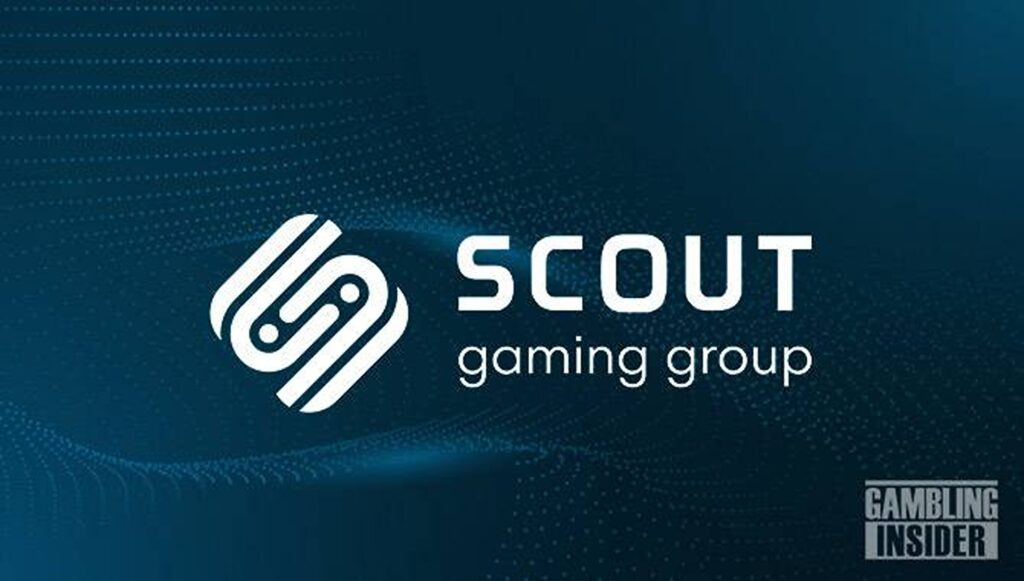The provider concluded its transformation programme in August 2023, resulting in some staff redundancies.
Scout stated this move would enable it to streamline its operations and enhance efficiency in serving B2B partners.
Initiated in March 2022 under former CEO Andreas Ternström, the programme began showing positive outcomes by Q3, with a decrease in net loss attributed to cost reductions.
With the programme now finalized, Jönsson expressed optimism about Scout’s long-term profitability.
“We are on track to become a profitable company and deliver value to our shareholders,” Jönsson affirmed.
“While we have achieved significant milestones, we are committed to further enhancing efficiency and maintaining a sharp organisational focus.”
Jönsson also highlighted ongoing interest from new and existing B2B partners, offering a positive outlook for 2024.
Additionally, adjustments to the B2C operations were made to align with upcoming events like Euro 2024 and Copa America in June and July.
In terms of financial performance, Scout reported a total revenue of SEK31.
0m (£2.4m/€2.8m/$3.0m) for the twelve months ending 31st December 2023, marking a 21.1% year-on-year increase.
B2B revenue surged by 80.7% to SEK25.3m, while B2C revenue declined by 50.9% to SEK5.7m during the same period.
Despite the B2C decline, Scout remains optimistic about its potential for profitable growth under controlled measures, with plans to initiate this process in Q1 2024.
Furthermore, the company witnessed a significant reduction in operating costs during 2023, resulting in a lower net loss compared to the previous year.
Total operating costs decreased by 42.4% to SEK56.5m, contributing to an improved pre-tax loss of SEK41.1m.
In the final quarter of 2023, Scout experienced an 8.8% increase in revenue, primarily driven by a 47.1% rise in B2B revenue.
However, increased financial expenses led to a wider pre-tax loss compared to the previous year. Nonetheless, adjusted EBITDA loss improved from SEK15.1m to SEK3.6m during the quarter.
